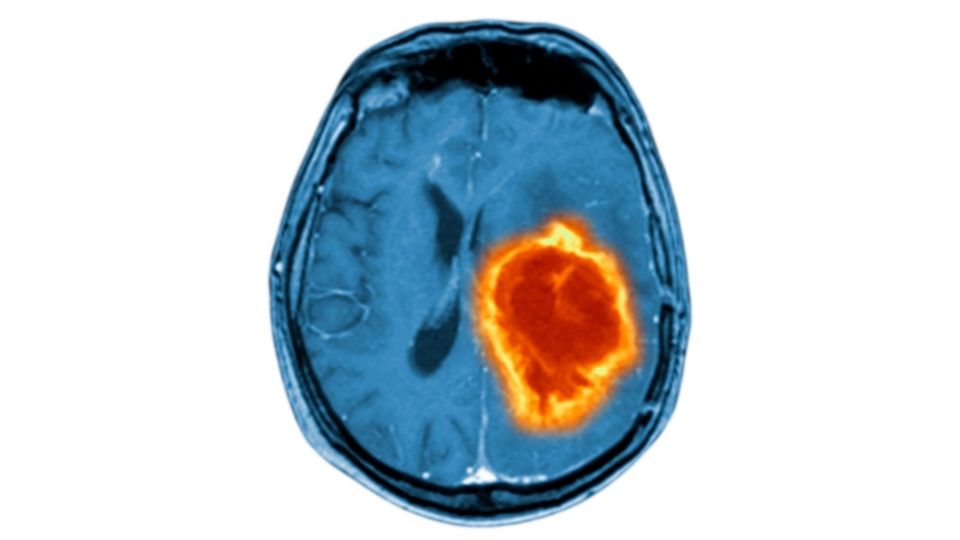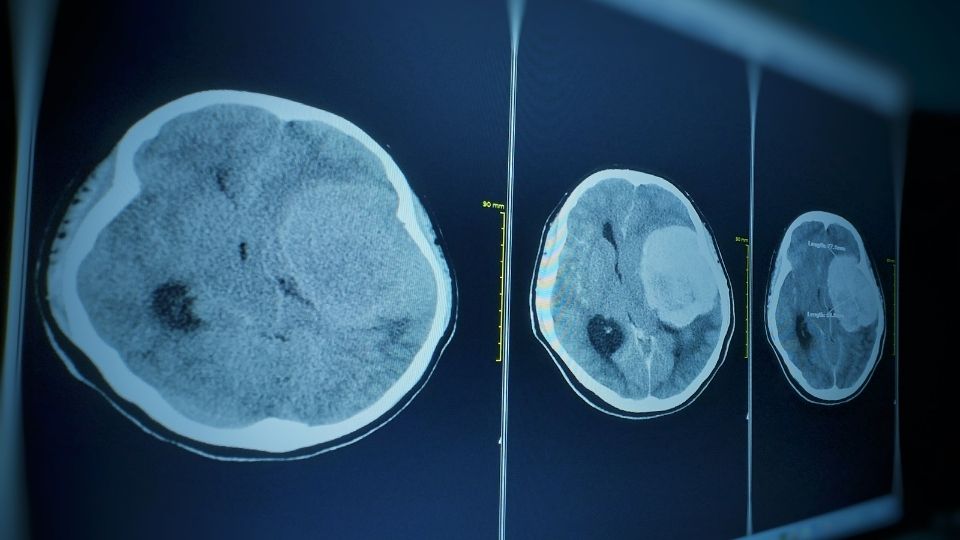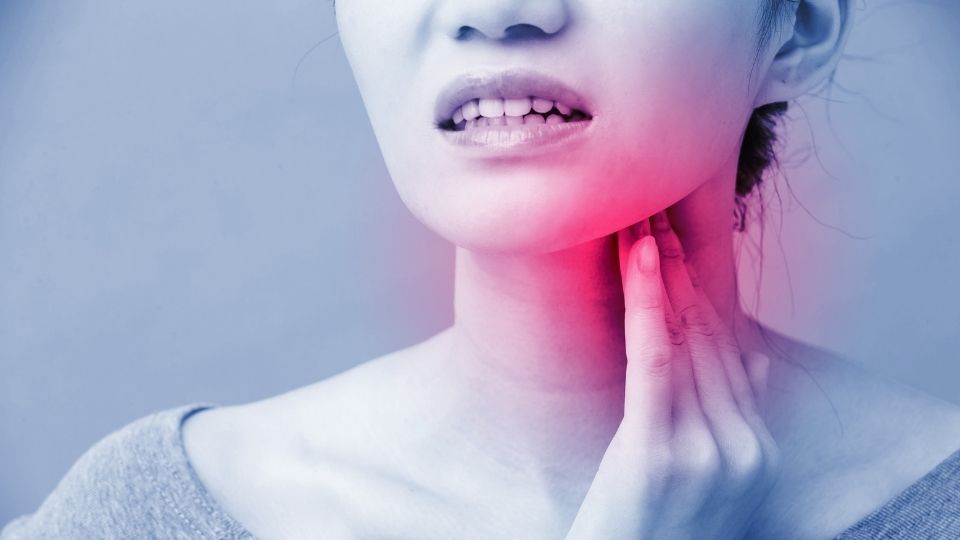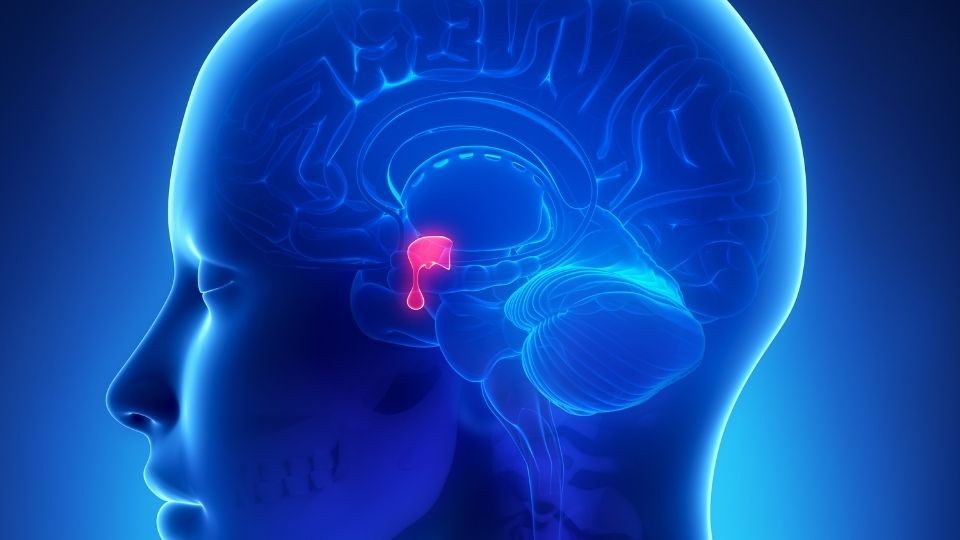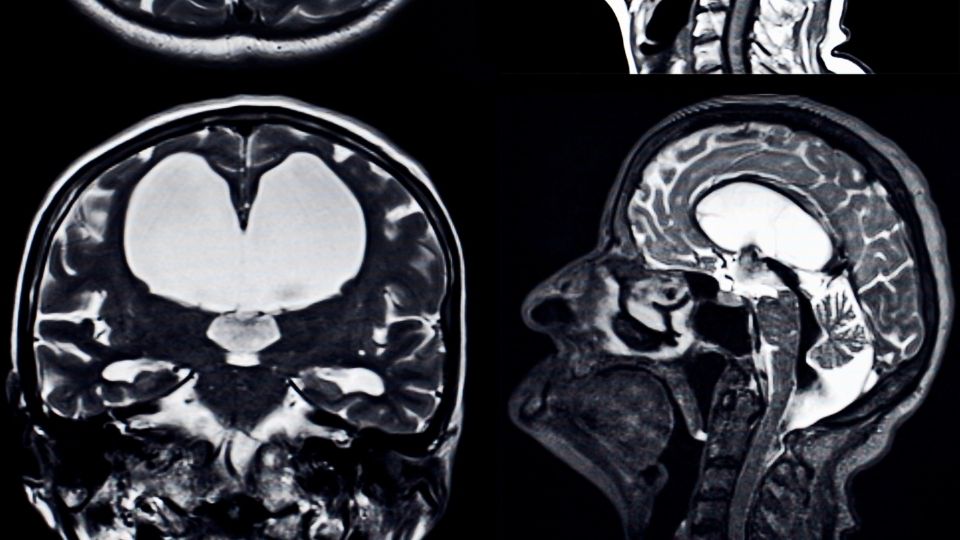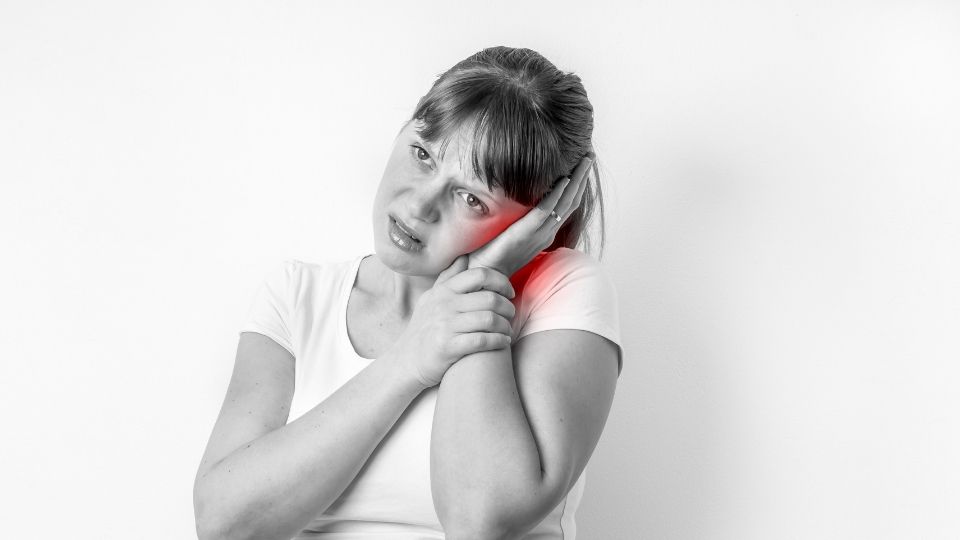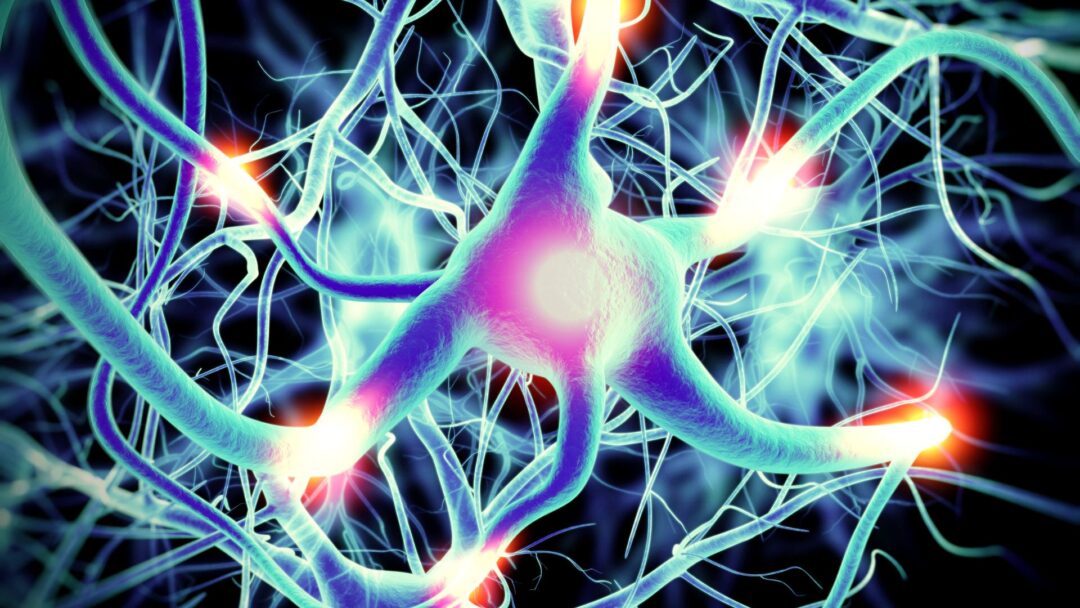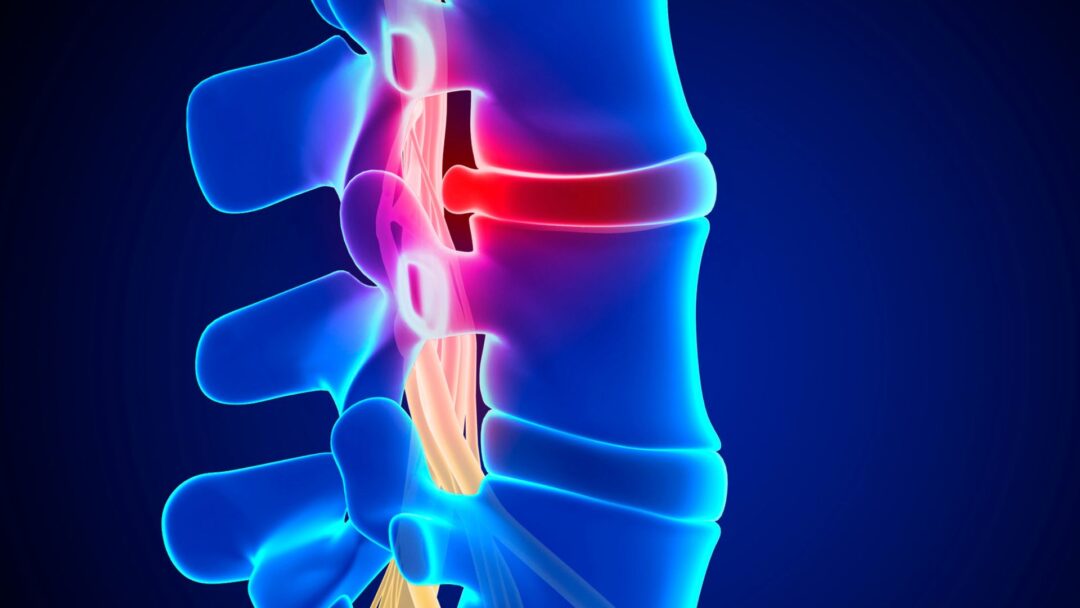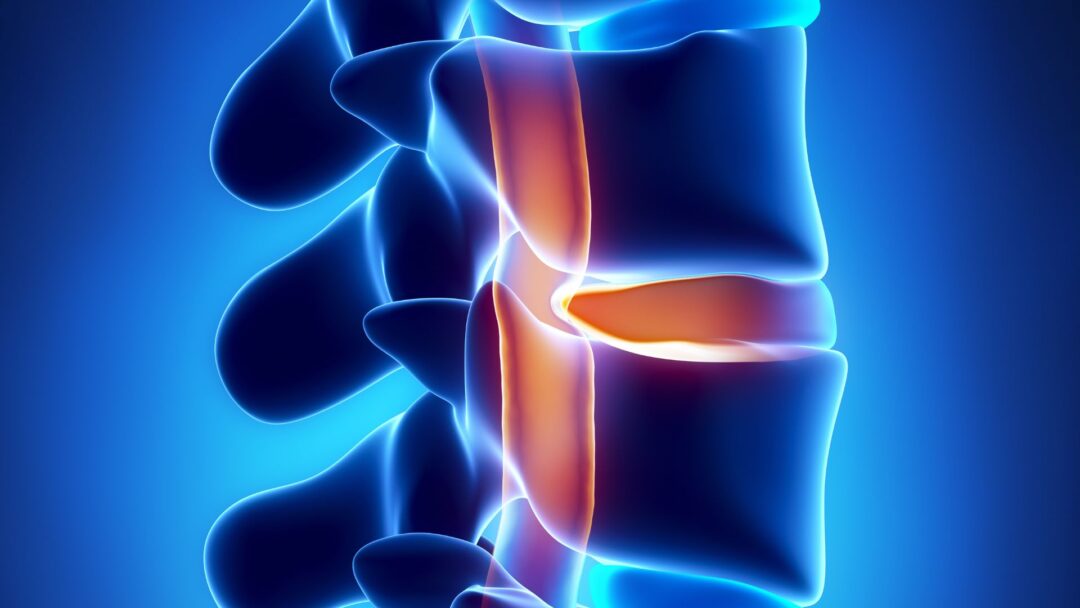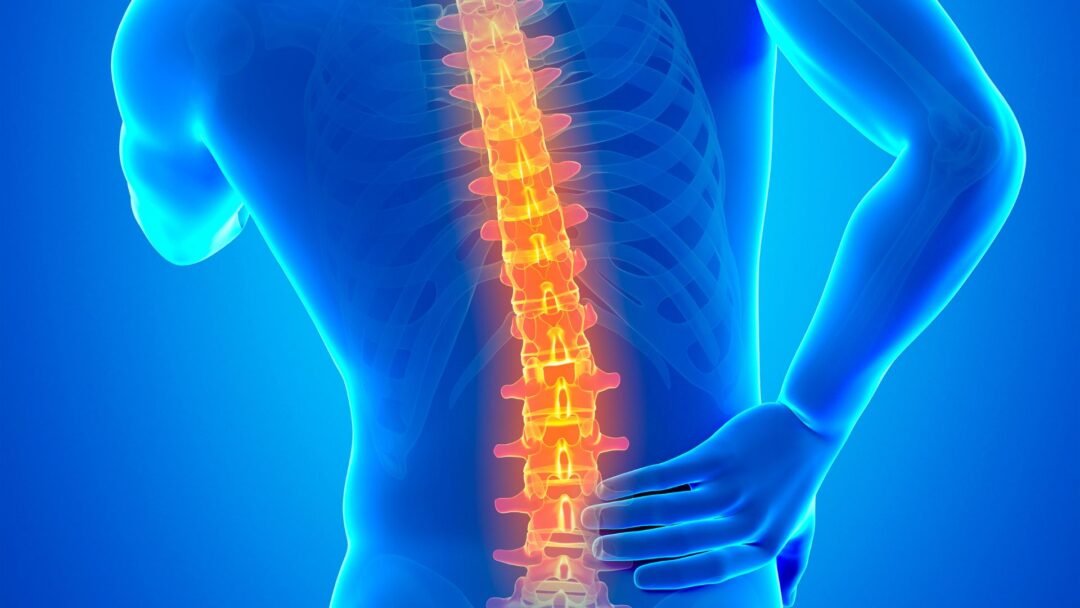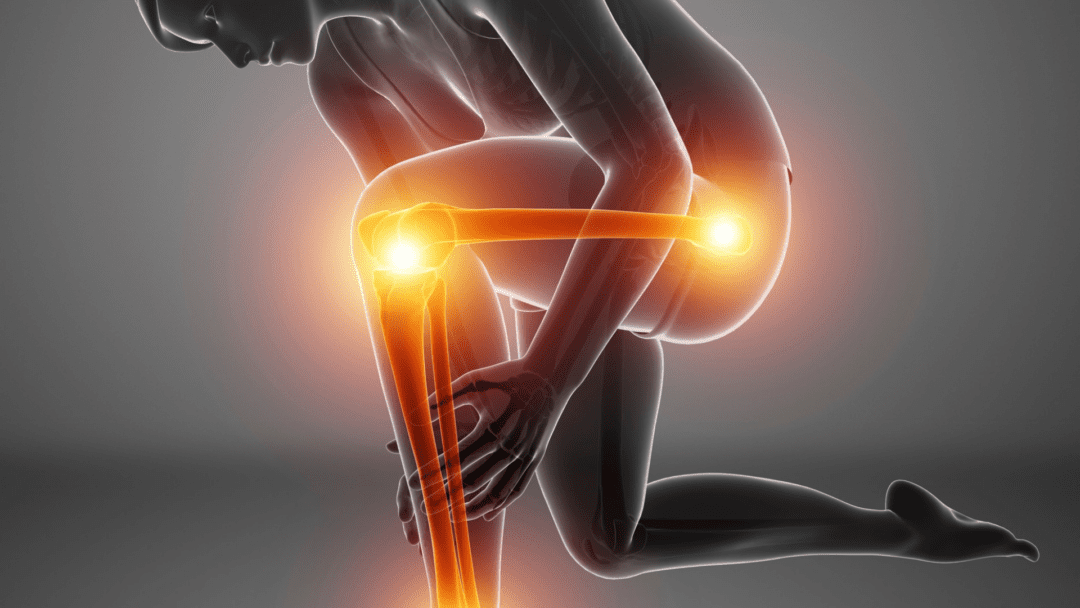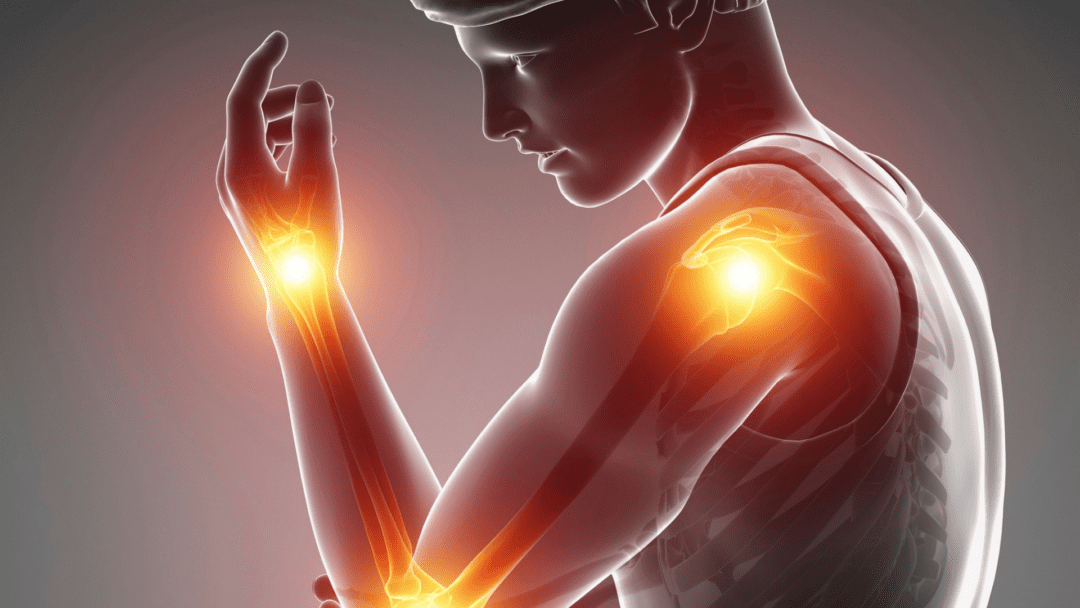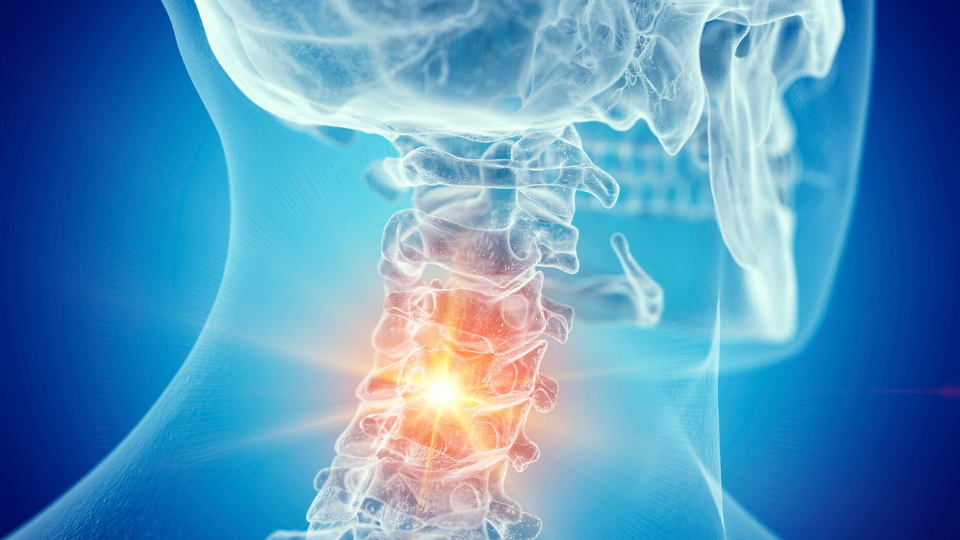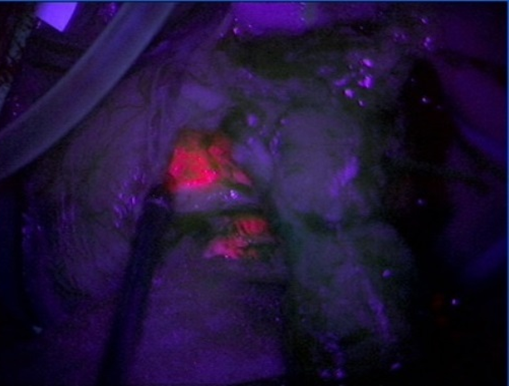Degenerative disc disease (DDD) is a condition characterized by the breakdown of intervertebral discs in the spine. These discs act as cushions between the vertebrae, providing flexibility and absorbing shock during movement. With DDD, the discs lose their flexibility, elasticity, and ability to absorb shock over time, leading to symptoms such as back or neck pain, stiffness, and reduced mobility.
Treatment options for degenerative disc disease aim to manage symptoms and improve function. These may include:
- Medications: Over-the-counter pain relievers like acetaminophen or nonsteroidal anti-inflammatory drugs (NSAIDs) can help alleviate pain and reduce inflammation. In some cases, prescription medications or muscle relaxants may be necessary for more severe pain.
- Physical therapy: Specific exercises and stretches prescribed by a physical therapist can strengthen the muscles supporting the spine, improve flexibility, and alleviate pressure on the discs. Physical therapy may also include techniques such as massage or spinal manipulation.
- Lifestyle modifications: Activities that exacerbate symptoms, such as heavy lifting or prolonged sitting, may need to be avoided or modified. Maintaining a healthy weight, practicing good posture, and incorporating regular exercise into daily routines can also help manage symptoms and improve overall spinal health.
- Epidural steroid injections: Injections of corticosteroids into the epidural space around the spinal nerves can help reduce inflammation and provide temporary relief from pain associated with degenerative disc disease.
- Surgical intervention: Surgery may be considered for individuals with severe or debilitating symptoms that do not respond to conservative treatments. Surgical options include discectomy (removal of a portion of the disc), spinal fusion (joining two or more vertebrae together), or artificial disc replacement.
Treatment for degenerative disc disease is typically tailored to each individual based on factors such as the severity of symptoms, overall health, and personal preferences. A comprehensive approach that combines multiple treatment modalities often yields the best outcomes in managing this condition.



